1. Suburbs Would Be Built Like Fortresses

It’s strange to imagine, but if dinosaurs still roamed the Earth, our cozy neighborhoods would look nothing like they do now. Forget picket fences; homes would be built like fortified shelters. Tall stone walls, reinforced doors, and underground bunkers would be standard for survival. People would design communities around safety, not comfort, knowing a pack of raptors could show up any time. Children wouldn’t play in open yards but in shielded domes or secure play tunnels. City planning would focus on survival rather than beauty. In a dinosaur-filled world, architecture would become humanity’s first defense. We’d build to live another day, not to impress the neighbors. Life would feel prehistoric, even in the suburbs.
2. Roads Would Constantly Be Blocked

Morning commutes would look more like adventure missions than routine drives. Imagine rushing to work and finding a herd of hadrosaurs casually crossing the highway, their massive feet cracking asphalt beneath them. Road closures wouldn’t just happen for maintenance but for migrating dinosaurs. Engineers would have to design roads that could withstand heavy stomping or build high skyways that avoid ground traffic entirely. And yet, no matter how advanced technology became, there’d always be delays caused by unpredictable dinosaur movement. Bridges might collapse under sauropods, and highways would need constant repairs. Travelers would learn patience, because in a world shared with giants, nature’s timetable would always win. Every trip would come with the risk of being late or eaten.
3. Farming Would Be Nearly Impossible

If you thought pests were a problem, try dealing with a herd of triceratops flattening your crops overnight. Farming would be one of humanity’s toughest challenges in a dinosaur world. Traditional open-field agriculture would vanish, replaced by underground farms or fortified greenhouses protected by electric barriers. Farmers might use drones and guarded towers to monitor fields, while communities would rely heavily on technology just to produce food safely. Sauropods could devour a season’s yield in hours, leaving starvation a constant threat. People might even turn to lab-grown produce or synthetic food sources. Feeding the human population while avoiding prehistoric appetites would be an endless balancing act. Agriculture would no longer be peaceful work; it would be pure survival.
4. Cities Would Sprawl Underground
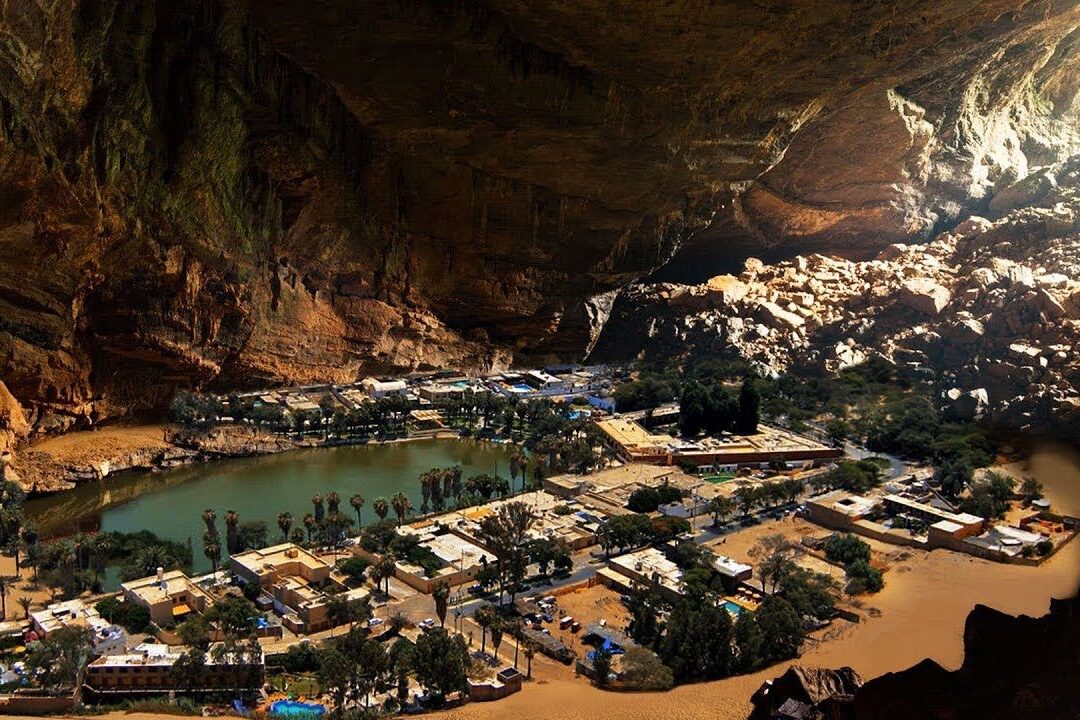
Modern skylines would never exist. Towering skyscrapers wouldn’t last a week under the stomping of giant predators. Humanity would learn to build downward instead of upward, carving vast networks of underground tunnels and domes beneath the earth. These subterranean cities would glow softly with artificial light, humming with energy from renewable sources hidden safely below ground. Streets would resemble caves lined with steel and stone, while transportation would flow through underground rails. Living spaces would feel like secure cocoons, isolated from the chaos above. Outside, dinosaurs would roam freely, unaware that entire civilizations thrived beneath their feet. Humanity would survive not by conquering the land, but by retreating deep into it. Safety would come from silence and shadows.
5. Public Transport Would Look Different
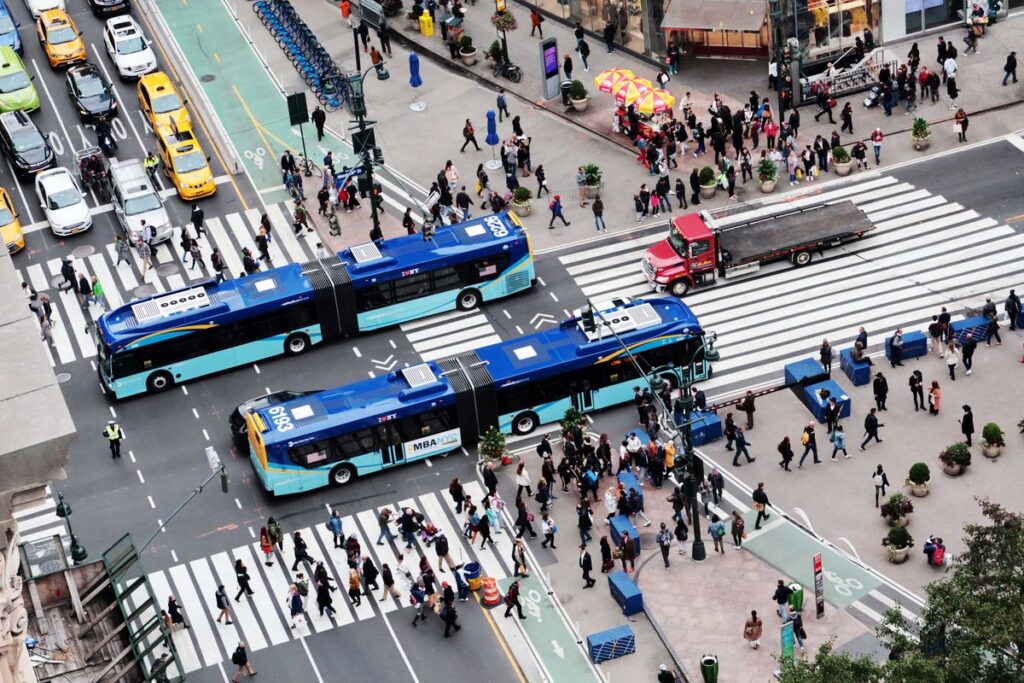
Buses, trains, and even planes would need serious upgrades. Public transport would look like a blend of military and science fiction designs, armored for protection and built for endurance. Helicopters might replace buses for city travel, while subways would double as underground lifelines. Air travel would be risky, especially with massive pterosaurs gliding across the sky, competing for airspace. Engineers would create magnetic or shielded vehicles designed to navigate dangerous routes safely. Travel insurance would include dinosaur-related clauses, and passengers might carry tranquilizer devices instead of luggage tags. Transportation would no longer be about comfort or convenience; it would be about survival. Moving from one place to another would require courage, strategy, and a touch of luck.
6. Zoos Would Be Replaced by Sanctuaries
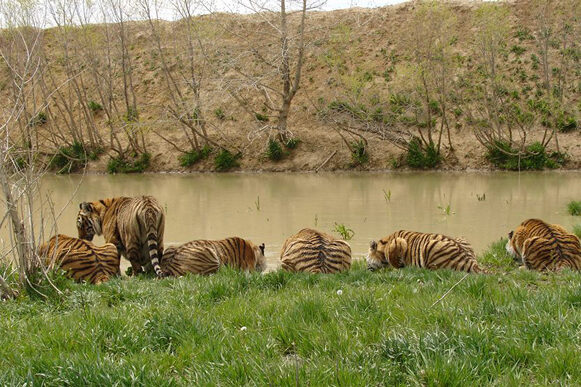
Zoos as we know them wouldn’t exist. Instead, massive sanctuaries would stretch across entire regions, built to contain creatures too large and unpredictable for traditional enclosures. Humans would observe dinosaurs from safe, elevated walkways or armored vehicles, much like futuristic safari parks. Conservationists would spend their lives studying and protecting these ancient giants, learning how to coexist rather than control. Governments might even designate national dinosaur reserves, blending science with strict security. Children would grow up watching live sauropods from afar instead of through books and fossils. These sanctuaries would serve as both education and survival zones, reminding people that dinosaurs weren’t museum relics, they were powerful neighbors sharing Earth’s living space with us.
7. Dinosaurs Could Be Domesticated
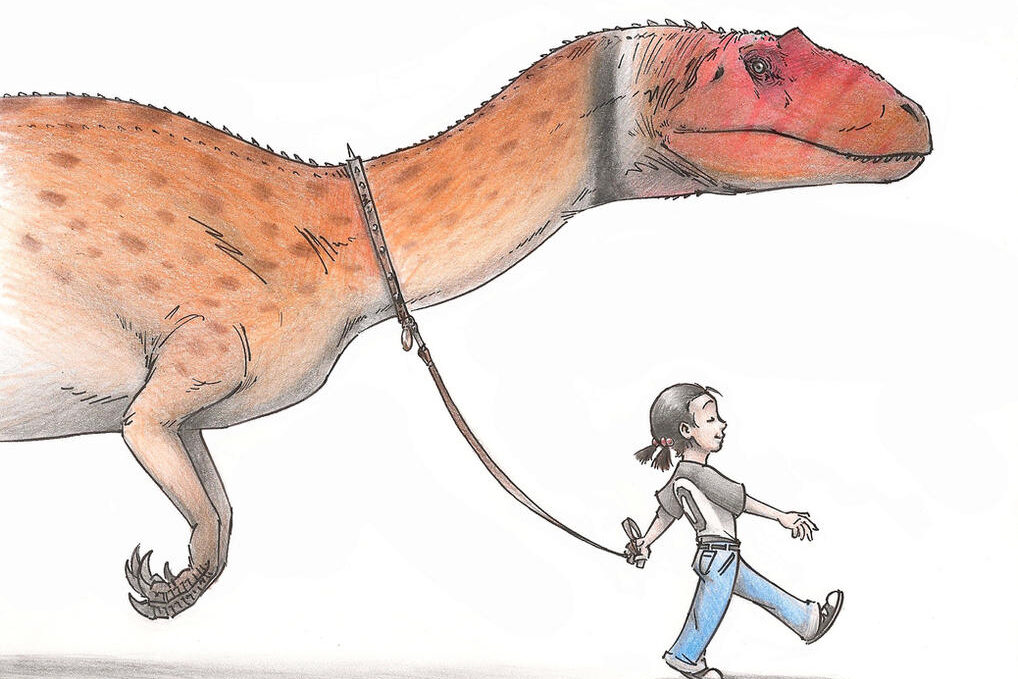
Humans have always found ways to bond with animals, so it’s easy to imagine trying to tame certain dinosaurs. Smaller herbivores or agile pack hunters might have been trained like horses or dogs. Picture riding a hadrosaur through grasslands or keeping a loyal raptor to guard your home. These relationships would reshape human culture entirely, influencing transportation, farming, and even companionship. Specialized professions would emerge, dinosaur trainers, breeders, and behaviorists devoted to managing prehistoric temperaments. Of course, it wouldn’t always go smoothly. A misstep could mean disaster, yet the idea of mutual trust between species would drive human innovation. Just like our ancestors tamed wolves, we might learn to coexist with scaled giants, building loyalty through patience and survival.
8. Pets Would Look Very Different
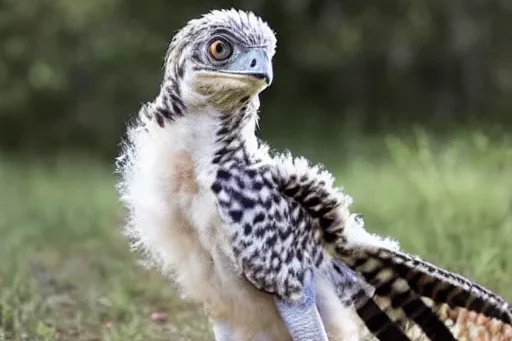
In a world shared with dinosaurs, pets would be far from ordinary. Instead of cats and dogs, people might raise small feathered raptors or birdlike compsognathus as household companions. Imagine a living room where a miniature dinosaur curls up on the couch or chases robotic toys around the floor. These creatures would be fascinating yet dangerous, unpredictable in temperament and fiercely intelligent. Training one would require skill and constant vigilance. Pet care industries would evolve to handle exotic diets and safety gear, turning companionship into a science. Having a pet would no longer be simple affection, it would be a daring partnership between ancient instincts and modern living. Love, trust, and survival would all mix under one roof.
9. Wars Would Involve Dinosaurs
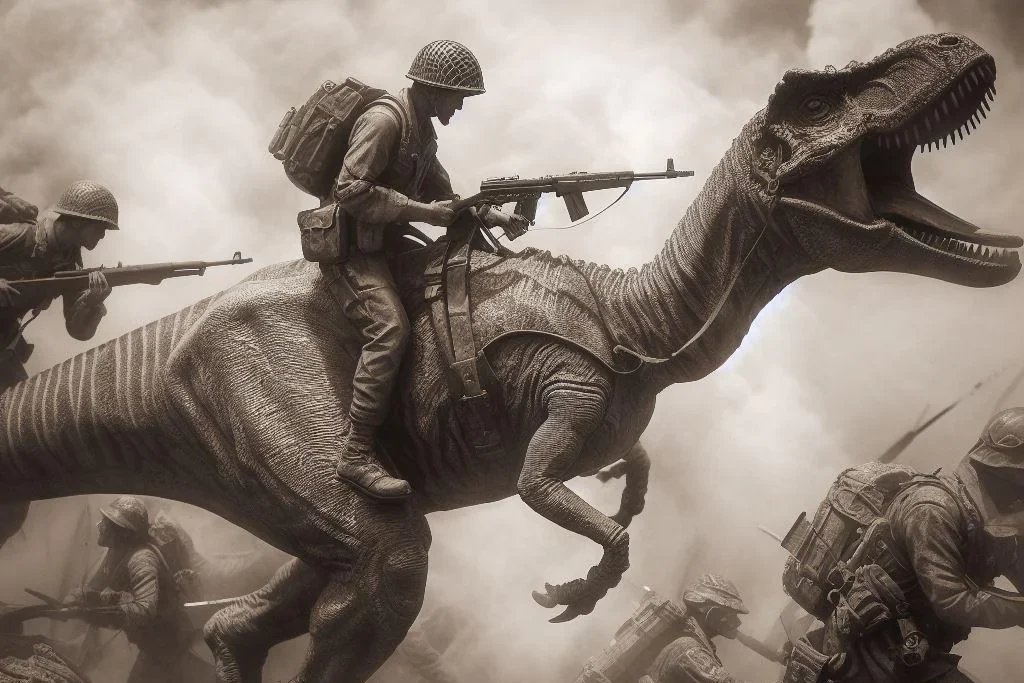
Human warfare would change forever. Armies might breed or capture dinosaurs for combat, using ankylosaurs as living tanks or swift raptors as battlefield scouts. Imagine soldiers riding armored beasts into enemy lines or defending cities with trained triceratops. Military strategy would rely heavily on biology, blending technology with brute prehistoric strength. Governments would race to weaponize different species, creating terrifying hybrids designed for destruction. Yet, as history shows, power often turns unstable. A single rebellion of trained dinosaurs could flatten entire regions. Wars would become less about machines and more about mastering nature’s fiercest creatures. The world would witness a new kind of chaos, one where survival hinged on which side controlled the bigger, smarter predator.
10. Religion and Myth Would Revolve Around Them
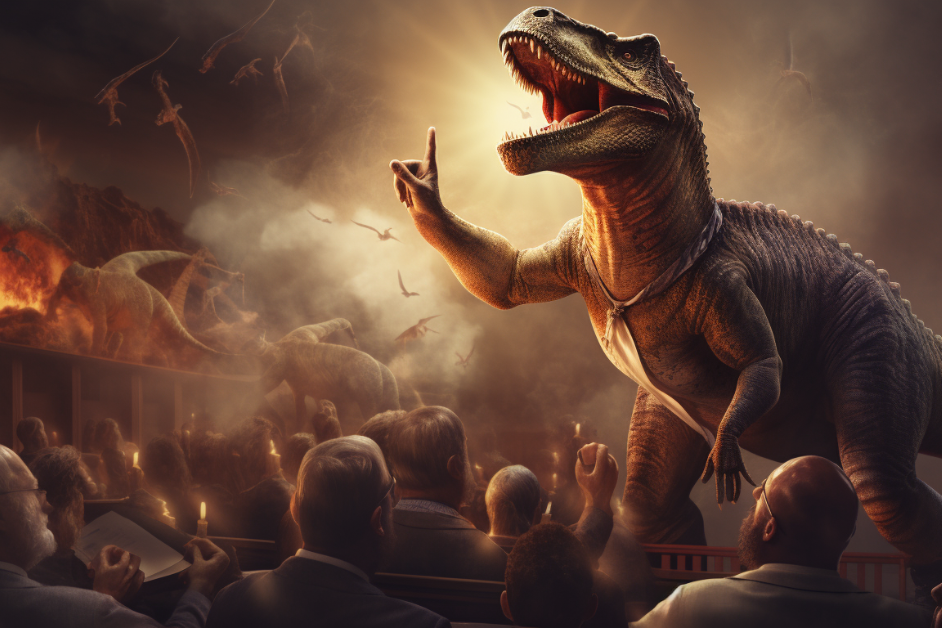
Every culture builds its beliefs around awe, and few things inspire more awe than dinosaurs. Instead of mythical dragons, people would worship living giants. Ancient temples might be dedicated to T. rex, the symbol of power and fear, while flying pterosaurs could represent freedom and divine presence. Dinosaurs would shape entire mythologies, influencing rituals, festivals, and even moral lessons. Stories of creation might feature colossal beasts instead of gods, blurring the line between faith and reality. Over centuries, humans would find spiritual meaning in coexistence, revering dinosaurs not as monsters but as sacred parts of life. Religion would reflect nature’s dominance, reminding people daily that survival itself was a form of worship.
11. Energy and Resources Would Shift
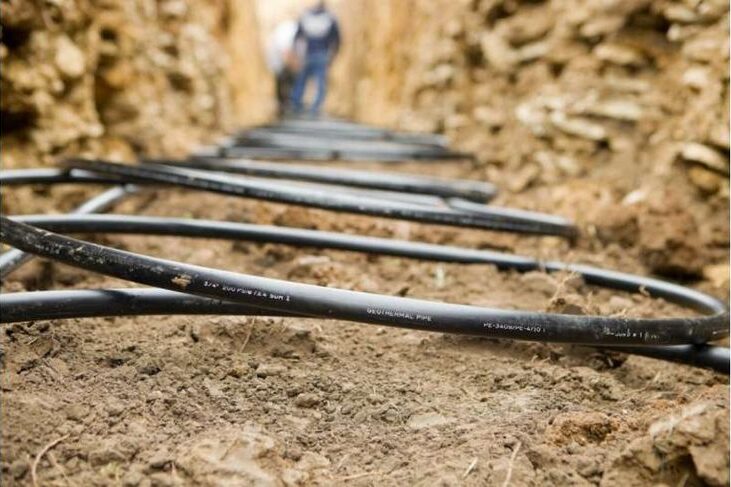
Sharing the planet with dinosaurs would force humanity to rethink everything about resource use. These enormous creatures would consume massive amounts of vegetation, reshaping entire ecosystems. Humans would have to adapt by developing renewable energy earlier, solar, wind, and underground geothermal systems. Mining or deforestation would be nearly impossible in dinosaur-heavy zones, pushing innovation toward sustainability. People would live more efficiently, reusing and recycling to avoid conflict with nature. Cities might rely on biotechnological systems inspired by dinosaur biology, blending natural and mechanical survival methods. It’s likely our world would become greener by necessity, not choice. Coexisting with giants would mean respecting the planet’s limits long before we ever realized we were crossing them.
12. Hunting Would Be Deadly
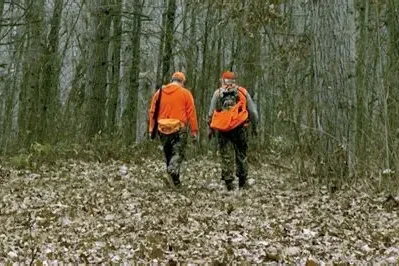
Hunting would shift from a means of food to a terrifying gamble with death. Humans wouldn’t stalk prey; they’d hide from predators. A single T. rex or pack of raptors could wipe out entire communities in minutes. Traditional weapons would be useless, forcing the creation of powerful deterrents and defense systems instead. People would rely on automated drones, electric fences, and fortified shelters for safety. The hunter would become the hunted, changing humanity’s relationship with nature completely. Meat would likely come from lab-grown sources or smaller, manageable species. Every trip outside the safety of settlements would carry risk. Survival would no longer depend on skill alone; it would depend on staying unseen.
13. Humans Would Stay Smaller in Number

With dinosaurs dominating the planet, humanity’s population would never explode as it has today. Instead of sprawling megacities, there would be small, isolated communities scattered across safe zones. Each settlement would function like a fortress, self-sustained and cautious. Disease, food scarcity, and constant danger would keep numbers low, perhaps only in the millions. Families would live with strong bonds, relying on one another for survival and protection. Social structures would value cooperation over competition. Education and tradition would revolve around safety and adaptation. The human story would be quieter, more deliberate, shaped by humility in the face of nature’s dominance. Survival, not expansion, would define civilization’s purpose in a world shared with dinosaurs.
14. Travel Would Be Like Jurassic Safaris
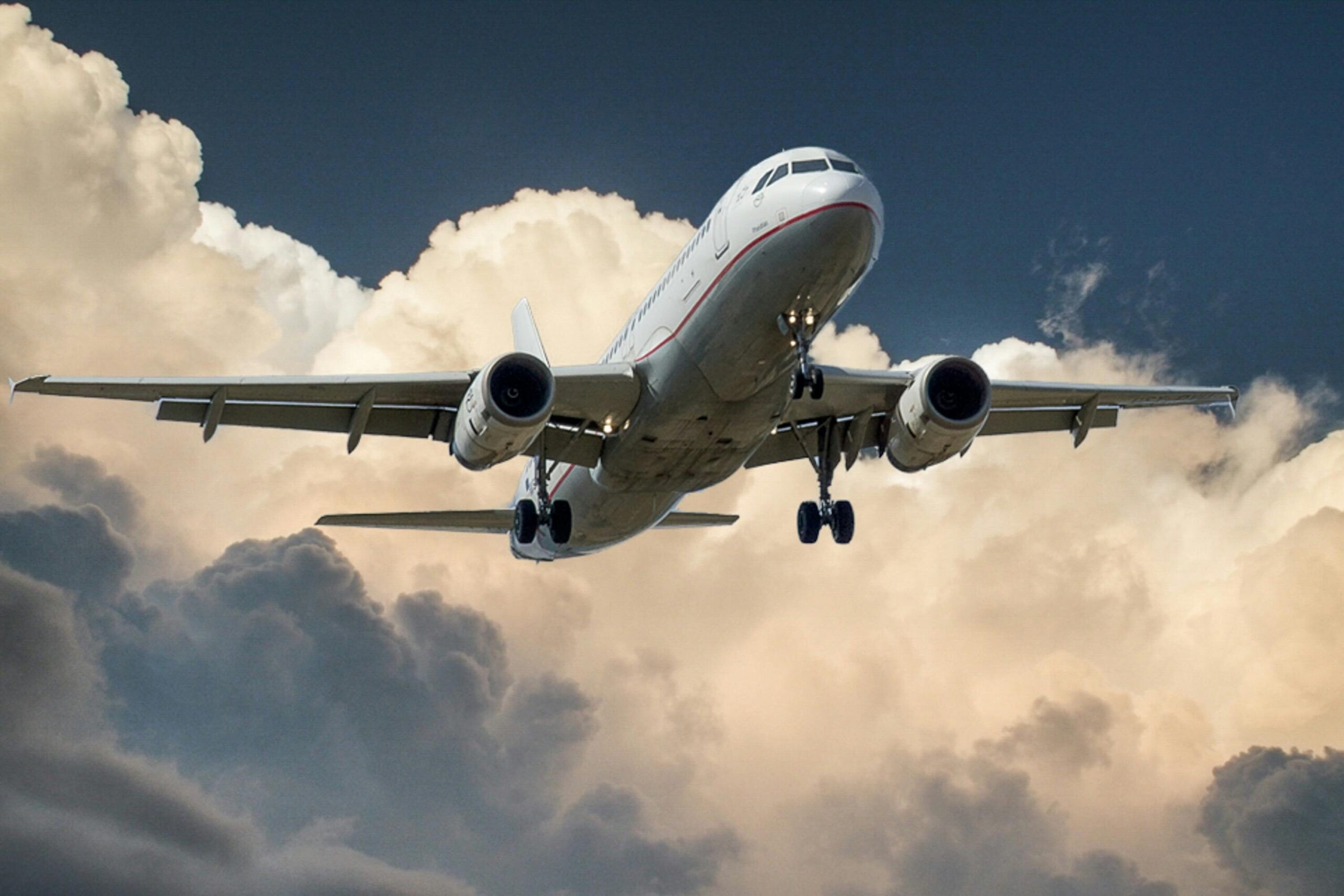
Vacationing in a dinosaur-filled world would be thrilling and terrifying all at once. Instead of beach getaways or mountain retreats, people would embark on safari-style journeys to observe herds of sauropods grazing or pterosaurs soaring above cliffs. Travel agencies would specialize in high-security adventures, complete with armored vehicles and professional trackers. Every trip would blend wonder with risk, offering glimpses of a wild Earth unchanged by extinction. Tourists would document moments from safe zones, marveling at creatures once thought mythical. Travel would become an act of courage and curiosity combined, a reminder that beauty and danger often coexist. The world would feel endlessly alive, unpredictable, and breathtakingly real.
15. Food Chains Would Be Unrecognizable
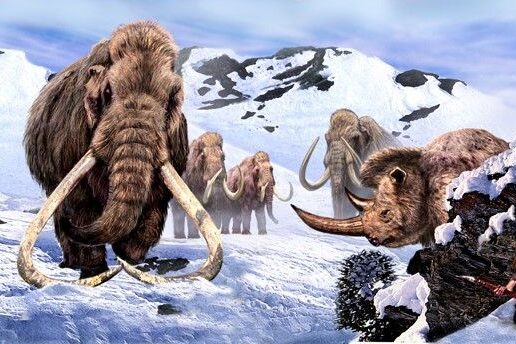
Ecosystems would have evolved entirely differently if dinosaurs remained the dominant species. Mammals like elephants or rhinos might never have existed, replaced instead by diverse dinosaur species filling every ecological niche. Forests would echo with the calls of herbivorous herds, while predators ruled the skies and land alike. Humans would no longer sit at the top of the food chain but somewhere in the middle, adapting to survive rather than dominate. Entire environments would depend on dinosaur behavior, from plant growth to climate cycles. Life would still thrive, but in an ancient rhythm where reptiles, not mammals, wrote the rules. Nature’s balance would belong to the giants, not to us.
16. Oceans Would Still Be Deadly
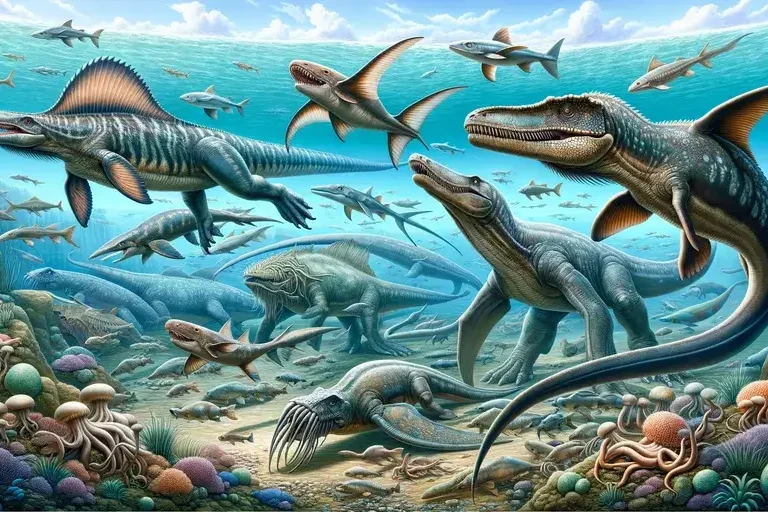
The seas would be no safer than the land. Gigantic marine reptiles like mosasaurs and plesiosaurs would dominate the waters, making fishing a perilous activity. Coastal cities would need strong underwater barriers and sonar defense systems just to stay intact. Maritime travel would rely on heavily fortified ships or submarine-style vessels. Scientists would study these predators from afar, fascinated yet cautious. Humanity’s connection to the ocean would become one of respect and fear. Beach vacations would disappear entirely, replaced by observation domes along protected shorelines. The deep blue would remain a kingdom of its own, wild and untamed, a constant reminder that humans never truly conquered nature’s greatest depths.
17. Science Would Advance Differently

Human curiosity would still thrive, but our scientific priorities would focus entirely on survival. Biology, medicine, and engineering would revolve around understanding dinosaurs, how to coexist, control, or repel them. Paleontology would merge with genetics to predict behavior and develop new defenses. Innovation would happen out of necessity, driving rapid technological growth in biotechnology and environmental management. Medicine might borrow from dinosaur physiology to improve human health and resilience. Scientists would work tirelessly to keep humanity safe, turning fear into discovery. In many ways, progress would be faster, though always shadowed by danger. Knowledge wouldn’t just be power; it would be the key to staying alive in a world ruled by giants.
18. Transportation Could Include Dinosaurs
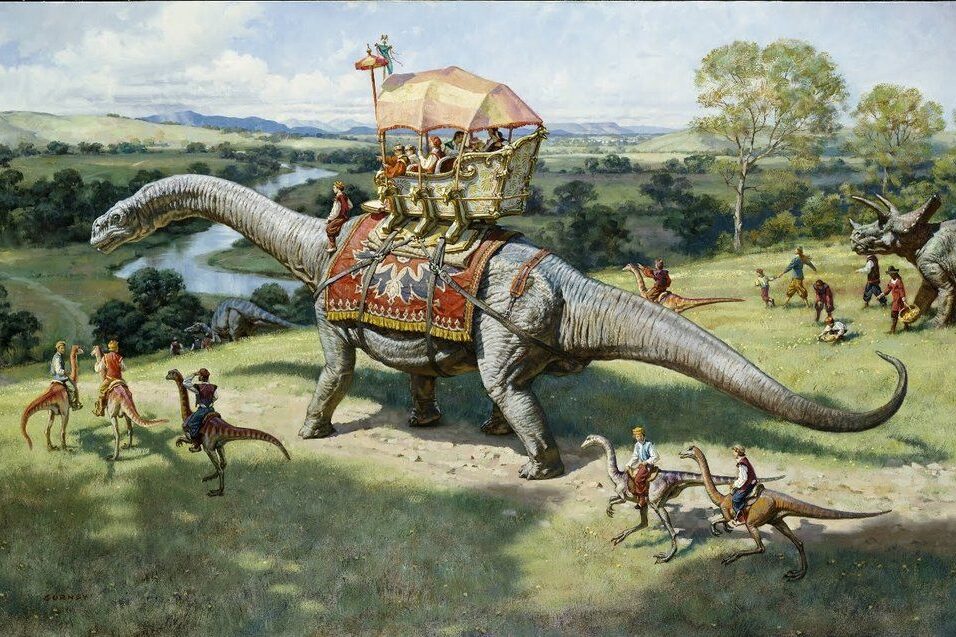
It sounds almost playful, but some dinosaurs could have become partners in transportation. Imagine sturdy triceratops pulling carts across grasslands or swift hadrosaurs serving as long-distance mounts. Over time, humans would design harnesses, shelters, and safety systems to ride or guide these creatures responsibly. Their strength would revolutionize trade and travel, especially in areas too rugged for machines. Entire cultures could form around specific species, much like how horses shaped civilizations. Of course, training dinosaurs would require incredible patience and understanding. Still, the idea of partnership over domination might define human progress, blending ancient instinct with innovation in beautiful, practical harmony.
19. Climate Would Be Shaped by Dinosaurs
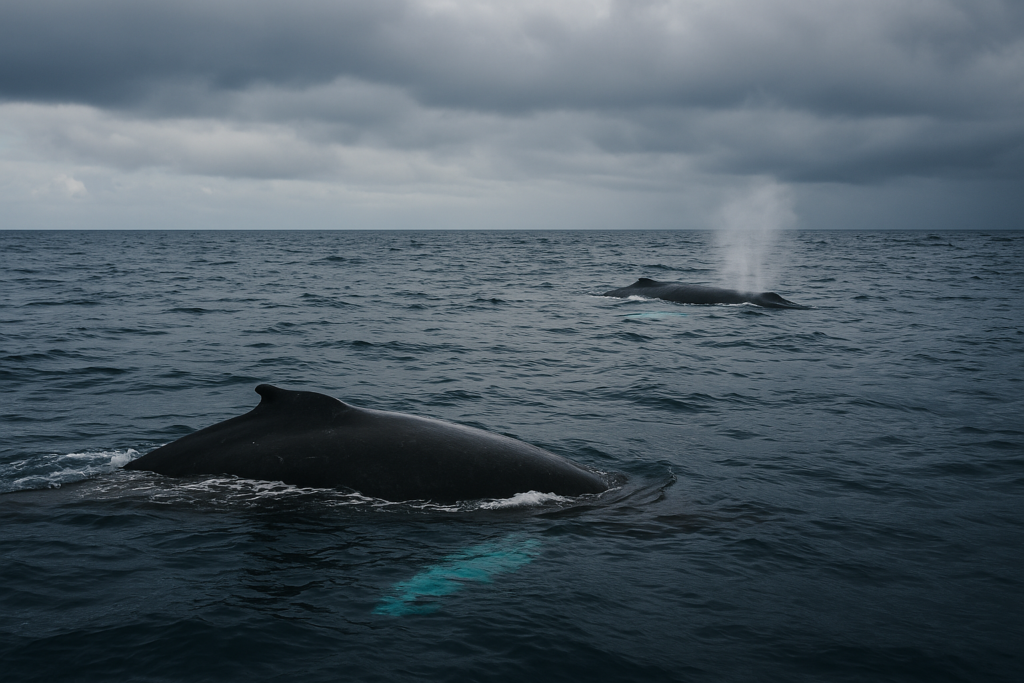
Dinosaurs don’t just eat; they reshape the planet. Gigantic herds trampling forests, grazing endlessly, and releasing massive amounts of waste would alter the atmosphere and vegetation drastically. Scientists suggest that such activity could increase greenhouse gases, keeping the Earth warmer and more humid than it is today. Vegetation would adapt, creating lush jungles and giant ferns that thrive under constant disturbance. Natural cycles like rainfall and soil renewal would depend on dinosaur movement. The Earth would look wilder and greener, more chaotic yet deeply balanced. In many ways, their presence would keep nature in motion, maintaining a prehistoric pulse that never fades.
20. Humanity Might Never Be in Charge
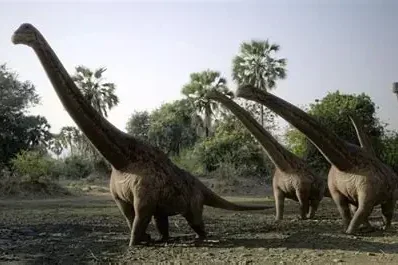
In the end, no matter how clever we became, dinosaurs would rule. Humanity would exist in small clusters, thriving but never truly dominating. Civilization would adapt, survive, and persist beneath the shadow of giants. We’d learn humility the hard way, realizing the planet was never ours to claim. Every invention, every city, every dream would be shaped by the rhythm of creatures that came long before us. The balance between life and survival would remain delicate, reminding us that dominance is temporary, but coexistence is eternal. And maybe, just maybe, living under dinosaurs would teach us the respect for nature we’ve long forgotten.
This scenario is speculative, but it builds on what we know: dinosaurs were dominant, humans never overlapped with them, and sharing the Earth would have changed everything. Some points, like altered ecosystems and climate are grounded in science, while others, like domesticated hadrosaurs or dinosaur wars, lean into imaginative “what if.” Together they remind us how fragile our dominance really is.
This story What Life Would Look Like If Dinosaurs Still Ruled the Earth was first published on Daily FETCH


